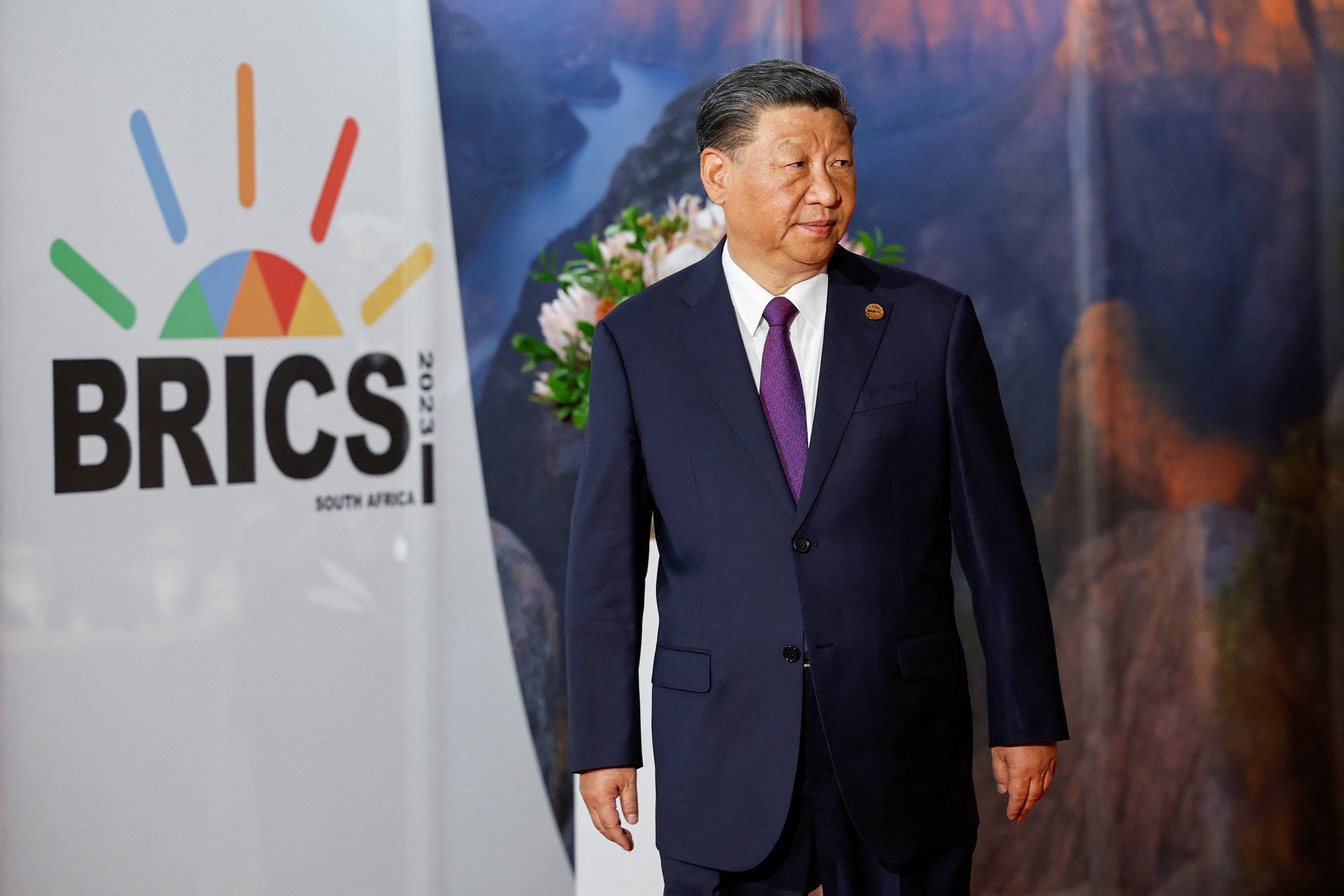August 23, 2023
There’s perhaps never been more global attention on the annual BRICS summit – a bloc of five large developing countries including Brazil, Russia, India, China, and South Africa – that just wrapped in Johannesburg.
That’s because Russia’s war in Ukraine has put renewed emphasis on the diplomatic power of Global South states that want to maintain solid relations with both the West and with US foes – like Russia.
So, what came out of the meeting often dismissed as a talk shop? All five states appeared to back expansion of the bloc. Though more than 20 states have put in formal bids to join, Brazil and India have been less keen on membership growth. But India’s PM Narendra Modi and Brazil’s President Lula da Silva both came out in support of expansion, which Russia and China have been pushing hard for in a bid to rival US-dominated institutions. Meanwhile, South Africa said on Wednesday that the group, which is based on consensus decision-making, had come up with a mechanism for new members to apply, though no details were given.
Heads of state from B,I,C,S attended in person, while R’s Vladimir Putin participated virtually because South Africa’s President Cyril Ramaphosa didn’t want to have to deal with the prospect of arresting the Russian president if he stepped foot on South African soil. (Pretoria is a party to the International Criminal Court, which has issued an arrest warrant for Putin for war crimes.)
Keeping Putin at arm’s length was easy enough to pull off this time around. But as Russia takes over BRICS chairmanship and is set to host the next summit in Kazan, Russia, in Oct. 2024, it’ll be much more awkward for Brazil, South Africa, and India to navigate this diplomatic balancing act.
From Your Site Articles
More For You
Miami Mayor-elect Eileen Higgins points as she thanks her staff and supporters on the night of the general election, on Tuesday, Nov. 4, 2025.
Carl Juste/Miami Herald/TNS/ABACAPRESS.COM
A Democrat won Miami’s mayoral race for the first time in nearly 30 years. The Republican defeat will ring some alarms for the party – and their support among Latino voters.
Most Popular
Walmart’s $350 billion commitment to American manufacturing means two-thirds of the products we buy come straight from our backyard to yours. From New Jersey hot sauce to grills made in Tennessee, Walmart is stocking the shelves with products rooted in local communities. The impact? Over 750,000 American jobs - putting more people to work and keeping communities strong. Learn more here.
© 2025 GZERO Media. All Rights Reserved | A Eurasia Group media company.
